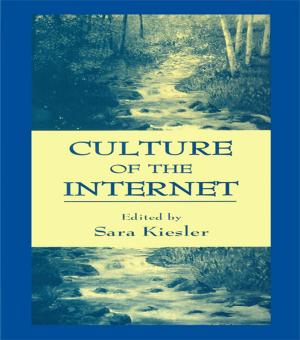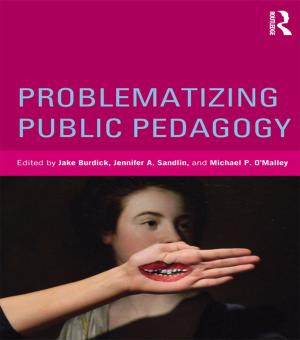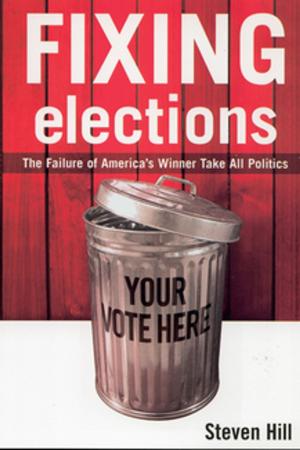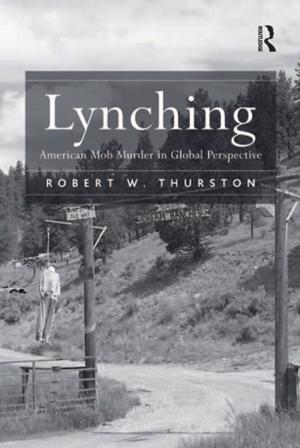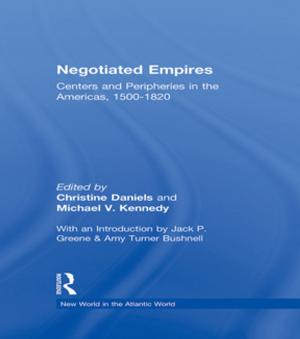Redistricting and Representation
Why Competitive Elections are Bad for America
Nonfiction, Social & Cultural Studies, Political Science| Author: | Thomas Brunell | ISBN: | 9781135925208 |
| Publisher: | Taylor and Francis | Publication: | April 2, 2010 |
| Imprint: | Routledge | Language: | English |
| Author: | Thomas Brunell |
| ISBN: | 9781135925208 |
| Publisher: | Taylor and Francis |
| Publication: | April 2, 2010 |
| Imprint: | Routledge |
| Language: | English |
Pundits have observed that if so many incumbents are returned to Congress to each election by such wide margins, perhaps we should look for ways to increase competitiveness – a centerpiece to the American way of life – through redistricting. Do competitive elections increase voter satisfaction? How does voting for a losing candidate affect voters’ attitudes toward government? The not-so-surprising conclusion is that losing voters are less satisfied with Congress and their Representative, but the implications for the way in which we draw congressional and state legislative districts are less straightforward.
Redistricting and Representation argues that competition in general elections is not the sine qua non of healthy democracy, and that it in fact contributes to the low levels of approval of Congress and its members. Brunell makes the case for a radical departure from traditional approaches to redistricting – arguing that we need to "pack" districts with as many like-minded partisans as possible, maximizing the number of winning voters, not losers.
Pundits have observed that if so many incumbents are returned to Congress to each election by such wide margins, perhaps we should look for ways to increase competitiveness – a centerpiece to the American way of life – through redistricting. Do competitive elections increase voter satisfaction? How does voting for a losing candidate affect voters’ attitudes toward government? The not-so-surprising conclusion is that losing voters are less satisfied with Congress and their Representative, but the implications for the way in which we draw congressional and state legislative districts are less straightforward.
Redistricting and Representation argues that competition in general elections is not the sine qua non of healthy democracy, and that it in fact contributes to the low levels of approval of Congress and its members. Brunell makes the case for a radical departure from traditional approaches to redistricting – arguing that we need to "pack" districts with as many like-minded partisans as possible, maximizing the number of winning voters, not losers.


